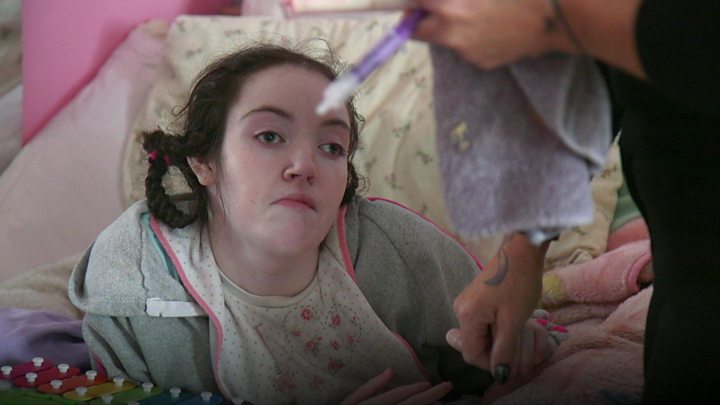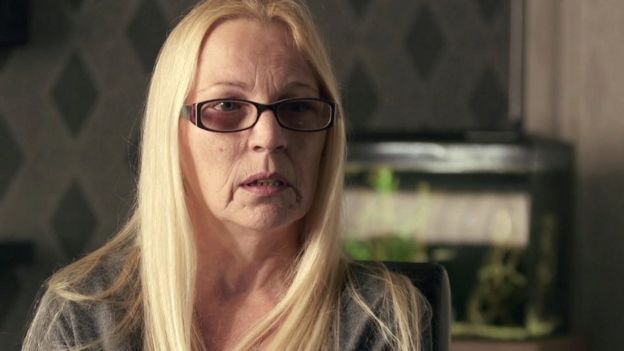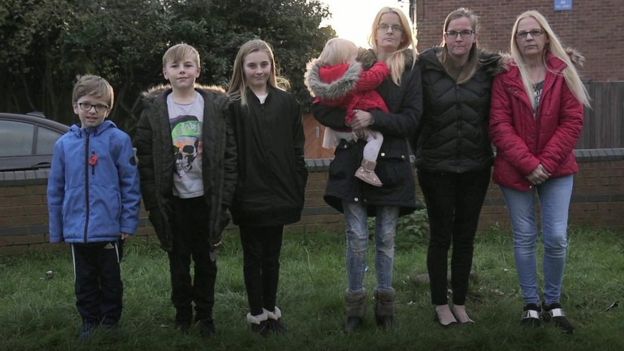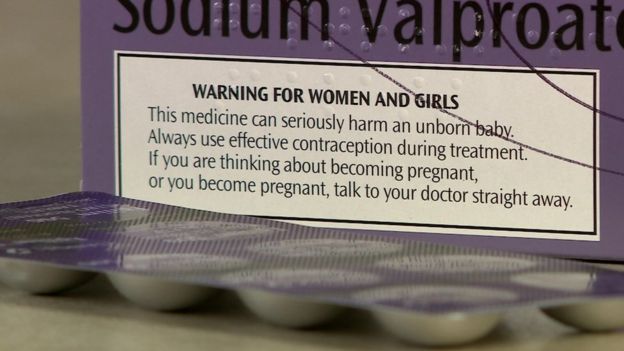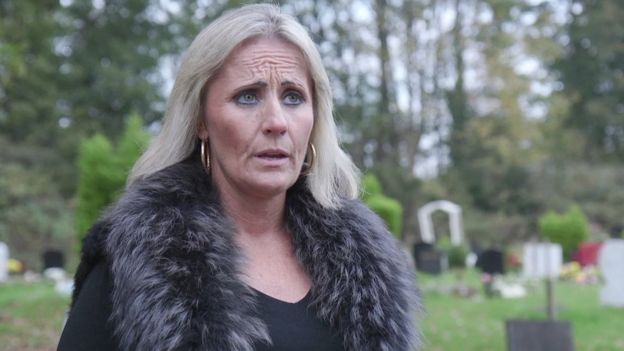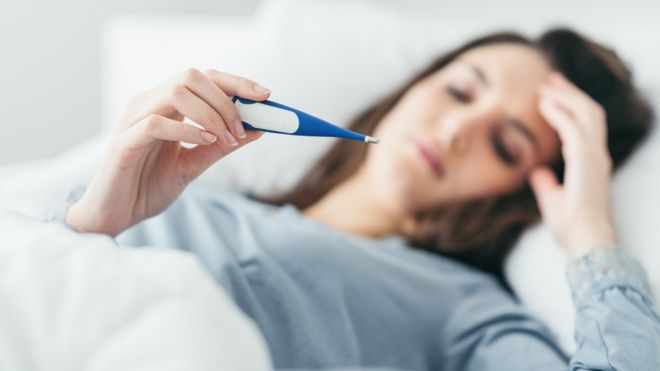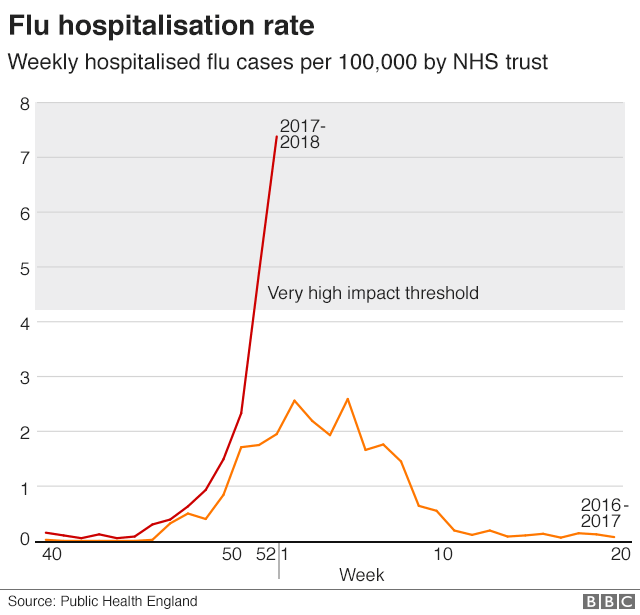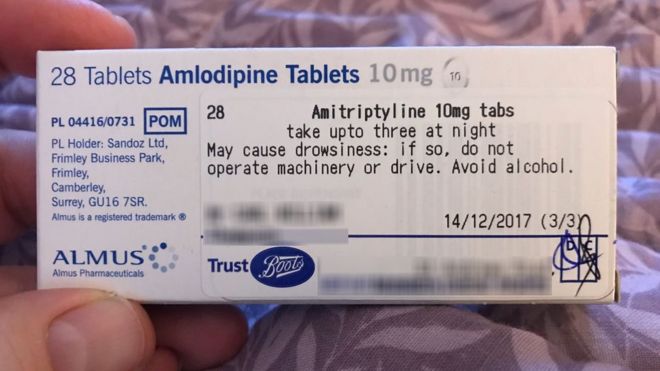
A patient has described suffering "horrendous" symptoms for three days after a Boots pharmacy gave him the wrong medication.
The 51-year-old was prescribed a drug to help with his insomnia, but was given one for high blood pressure with a similar name.
He believes Boots pharmacy staff are overworked and this led to the mistake.
Boots said the pharmacy in Basingstoke was "fully staffed" and it took patient safety "very seriously".
The patient's symptoms lasted for three days and included a "nasty, thumping, unbearable headache" and "constant nausea".
He contacted the BBC following an investigation into the Nottingham-based company, in which some pharmacy staff said they were under too much pressure and feared mistakes would be made.
The man has been getting medication from the same pharmacy in Basingstoke every month for 14 years and said he had "seen the pattern of them being overwhelmed".
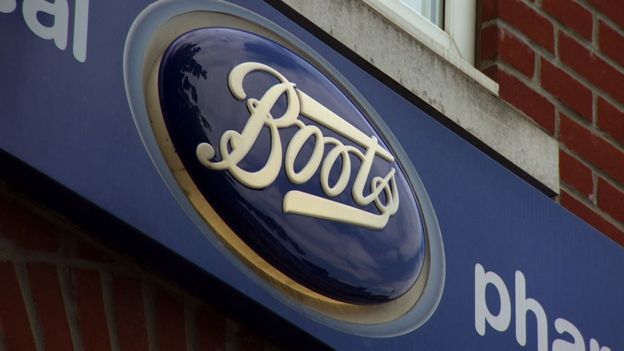
The person who gave him the wrong medication was "looking a bit frazzled", he said, and he "chalked it up to them being really stressed".
"It is shocking that this happened to me, and what I went through was horrendous," said the patient.
"Had that been someone else who took different medication to me, they could have died as a result."

What happened to the patient?
- 14 December - The patient was given the wrong medication - amlodipine instead of amitriptyline - at a Boots pharmacy in Basingstoke, Hampshire.
- 17 December - He took two pills at bedtime but had a "nagging doubt" so googled the name, realised it was a completely different medication, then called 111 and was told he was on the "borderline beginning of toxicity".
- 18 December - He "felt like someone was standing on my chest and I was having to take big deep breaths every few minutes throughout the entire night and following day as the medicine was making me feel like I couldn't catch my breath". By the afternoon he was feeling the same symptoms "with an added massive headache that had hit me when I woke up after a brief hour or so of sleep".
- 19 December - His "nasty, thumping, unbearable headache" lasted until the afternoon and he "couldn't sleep hardly at all" during that time, "had absolutely no appetite and felt a constant nausea".
- 20 December - He still had a "fuzzy muddled head" feeling, a constant pain in his right calf and a shortness of breath that caused him to periodically take "big deep sighing breaths to cope".

This type of a mistake is known as a "dispensing error".
Three people died between May 2012 and November 2013 following dispensing errors at Boots pharmacies - Douglas Lamond, 86, who died in May 2012, Arlene Devereaux, who died on her 71st birthday in November 2012, and Margaret Forrest, 86, who died in November 2013.
Inquests and a fatal accident inquiry were held into the deaths, and understaffing was not found to have contributed to any of them.
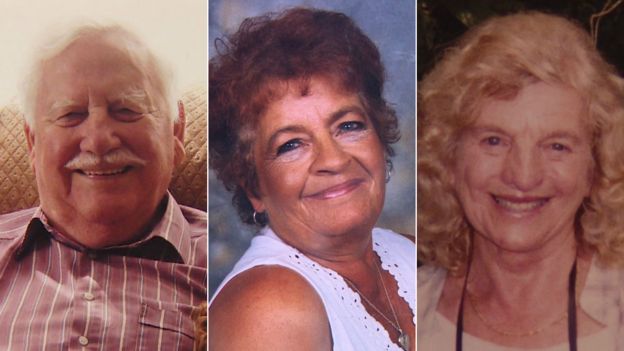 FAMILY PHOTOS
FAMILY PHOTOS
The Basingstoke patient said: "From what I saw that day, when I was given the wrong medication, there clearly is a staffing issue.
"I noticed how the place was slammed with people waiting for their medication as does happen quite often.
"I noticed that as usual the queue went slowly because it seemed like the dispensing assistants at the counters were all mega busy."

How dangerous is amlodipine?
Dr Rupert Payne from Bristol Medical School said it is "very difficult to know" whether the drug could have been fatal if the patient had carried on taking it, as patients can "vary considerably in the side effects they get with drugs".
"Virtually any drug is potentially fatal in overdose," he said.
Dr Payne said 10mg of amlodipine would be a "fairly standard dose". The patient took two 10mg pills, and the sticker on the packet advised him to take up to three.
"If it was two 10mg tablets he had, that would be more than the recommended dose and would be more likely to cause side effects," said Dr Payne.
"Common side effects in the short term could include sleeping difficulties, dizziness, headache, flushing and racing heart."

Richard Bradley, pharmacy director for Boots UK, said: "Boots takes patient safety very seriously and I was sorry to hear about [the patient's] experience.
"I can assure you that this incident was reported to the Superintendent Pharmacist's Office when it was highlighted to the pharmacy team in Basingstoke and a local investigation has been undertaken.
"Pharmacies are generally busier in the run up to Christmas as patients want to make sure they have their medicines, but this particular pharmacy was fully staffed.
"We have been in touch with [the patient] directly to apologise and discuss his concerns; we have learned from his experience to put further measures in place in the pharmacy to help prevent this type of mistake happening in the future."
